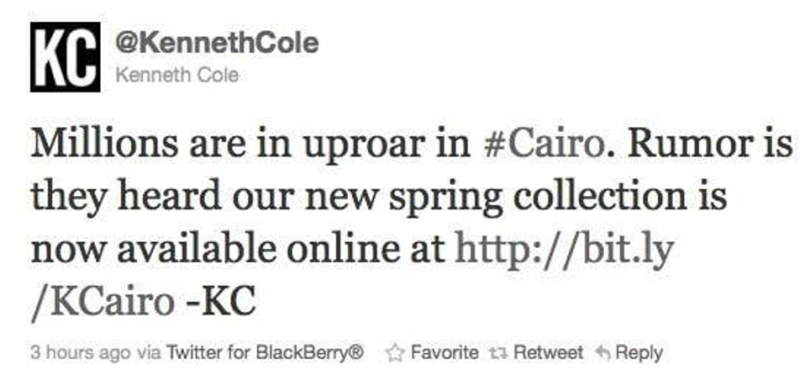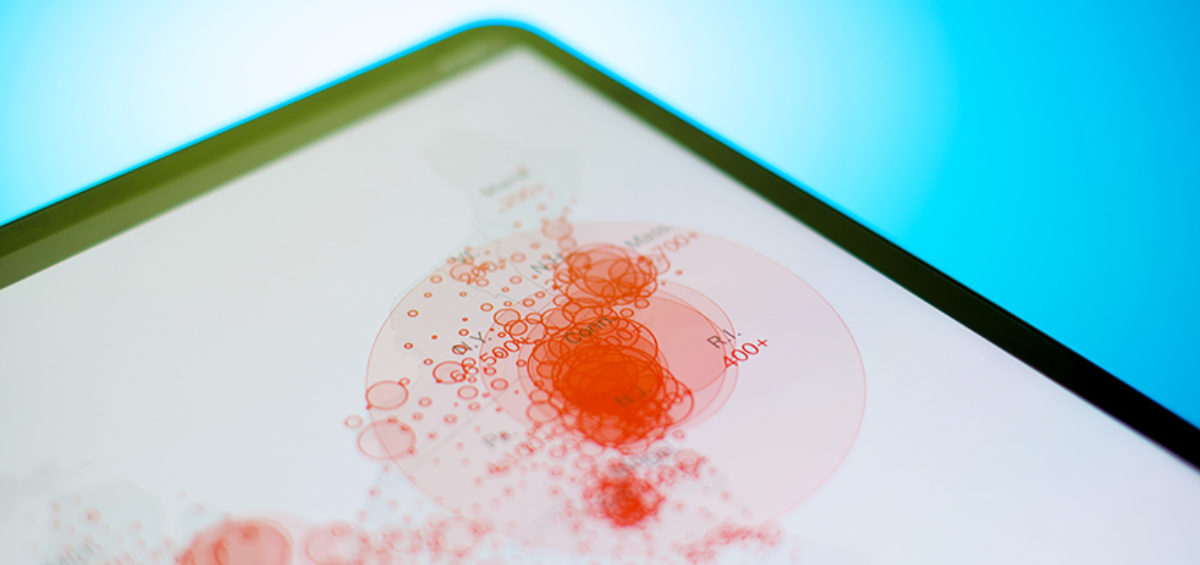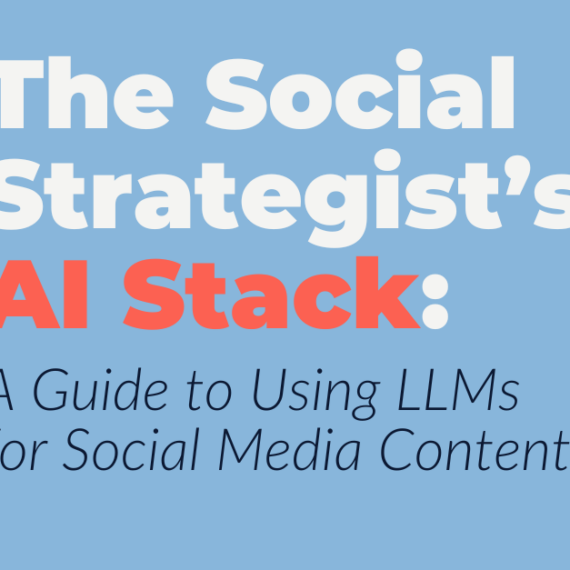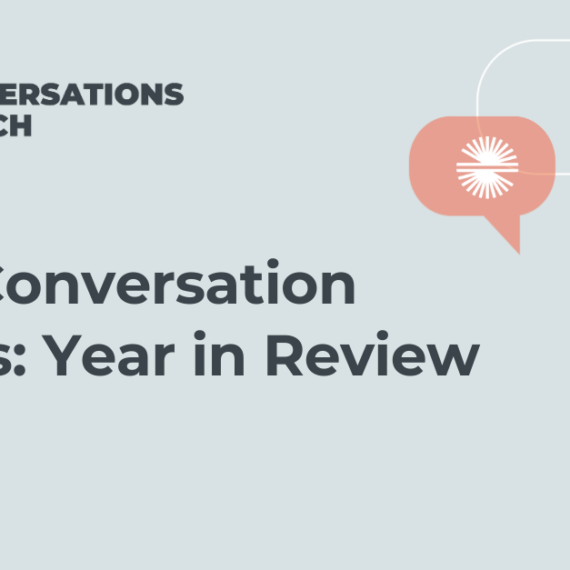There are times to pitch reporters during a crisis and then there are times to stay far, far away.
As the world copes with the coronavirus outbreak and its social, business and policy impacts, there are very few “other” stories for the time being. Reporters don’t want to hear about whizzbang new widgets or version 3.X of your SaaS service. No matter what technology sector they cover, COVID-19 is the primary story on their radar and it will remain that way for the foreseeable future.
For any marketing types who may see this as an opportunity, take my advice and sit this one out.
Still, some companies can’t resist the temptation to exploit the crisis to seek recognition for their products, even when the connection with the coronavirus is tenuous, at best.
Consider, for example, the pitch sent to a journalist friend recently from a company that developed a location-based messenger. The come-on boiled down to the following (and I’m paraphrasing): We have a great way to track peoples’ loved ones when they leave their house to buy groceries or do other errands. Isn’t it a wonderful tool and look at how we’re helping to give your family peace of mind?
I’m sure the company’s handlers thought this was a splendid idea. Maybe it would pique a reporter’s interest during more normal times. I don’t need to remind anybody that these are not normal times.
I understand that some marketers might well counter that this is an example of how technology answers a legitimate user need during a time of obvious stress.
That argument is going to fall on deaf ears so save the effort.
This is less about right and wrong and more about relevance and tone. People are getting sick and dying while the nation grapples with a health emergency from coast to coast. In what world does another tracking tool make any difference to combat the pandemic? Especially against the backdrop of the growing daily death count, the pitch sounds tone deaf. Fairly or not, it’s also going to invite loud mockery in any newsroom.
The same goes for wading in with flip comments about serious news events in a ham-handed effort to make your company appear hip. During the Arab Spring protests in Egypt in 2011, for example, Kenneth Cole decided to make light of the situation and posted a tweet that was roundly criticized for being insensitive considering that people were getting killed on the streets of Cairo.
 To its credit, the company recognized its blunder and promptly apologized. But the PR damage, while only temporary, was entirely avoidable. The takeaway should be clear: It doesn’t matter how clever you think you are. There’s always a larger context to consider before promoting your company during a crisis. Ignore it at your peril.
To its credit, the company recognized its blunder and promptly apologized. But the PR damage, while only temporary, was entirely avoidable. The takeaway should be clear: It doesn’t matter how clever you think you are. There’s always a larger context to consider before promoting your company during a crisis. Ignore it at your peril.
Have Something Valuable to Add
I don’t like to paint the situation in black and white. To be sure, there are in-between instances where your news may very well be something to share with a journalist.
Telling a reporter that usage of your product is up five-fold since the COVID-19 outbreak began won’t impress any reporter – especially if you’re starting out from a very small base. But you can get a journalist’s attention if your information helps them advance the story in some meaningful way.
For example, you’ve doubtless read about – or experienced – sporadic shortages at the local supermarket. As the coronavirus spread, people rushed to the stores hoarding popular items, such as toilet paper or flour, leaving shelves empty. In the following days, lots of stories got written questioning whether the supply chain was buckling under the weight of skyrocketing demand.
Here’s where information – not a product pitch – becomes extremely valuable for journalists scrambling to stay on top of a fast-changing story. It actually turned out that global supply chains were holding up remarkably well and remained resilient, even in the face of sudden spikes in demand. Full disclosure: FourKites, which gathered that data, is a Big Valley client. But this is the sort of information that journalists welcome, especially if you’re sharing valuable information that helps them advance the story.
Some other time after this current crisis fades, you’ll have plenty of opportunities to call up your newsroom contact and sing the praises of your pet product.
Until then, resist the temptation.






